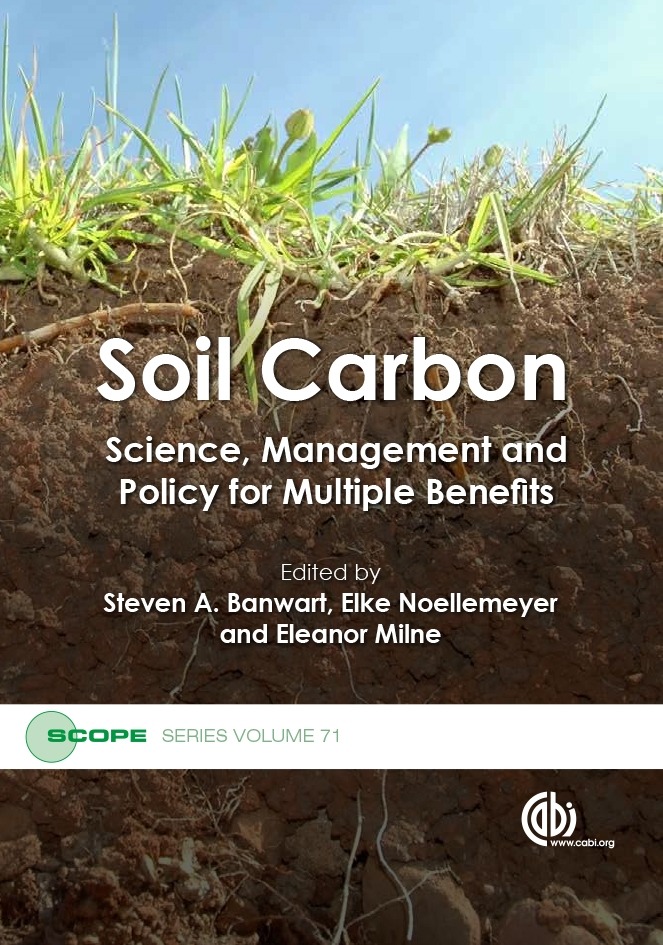 Feller C., Compagnone C., Goulet F., Sigwalt A., 2014- Historical and socio-cultural aspects of soil organic matter and soil organic carbon benefits. Chapitre d’ouvrage in Banwart, S. A., Noellemeyer, E., Milne, E., (eds.) Soil Carbon: Science, management and policy for multiple benefits. SCOPE Series Vol. 71. CABI, Wallingford, UK. https://doi.org/10.1079/9781780645322.0169
Feller C., Compagnone C., Goulet F., Sigwalt A., 2014- Historical and socio-cultural aspects of soil organic matter and soil organic carbon benefits. Chapitre d’ouvrage in Banwart, S. A., Noellemeyer, E., Milne, E., (eds.) Soil Carbon: Science, management and policy for multiple benefits. SCOPE Series Vol. 71. CABI, Wallingford, UK. https://doi.org/10.1079/9781780645322.0169
In this chapter, soil organic matter (SOM) benefits will be considered from two different perspectives: (i) the scientific perception of ‘SOM benefits’ between the 18th century and today; and (ii) how various contemporary religions and societies, including farmers of Western cultures, perceive soil and SOM benefits. Perceptions of the benefits of SOM (or humus) varied greatly in Western culture according to changes in historical scientific theories. Different periods can be considered. In the first part of 19th century, the ‘theory of humus’ by Thaer, dealing with a large popularity of SOM management for soil humus, was considered as the main nutrient for plants. In 1840, the new ‘theory of the mineral nutrition of plants by Liebig demonstrated that humus was not the main source of nutrients for plants, with the consequence that there was no important need to manage organic fertilization: the popularity of humus was largely decreasing. With the emergence of environmental problems due to bad SOM management, the popularity of OM management is newly increasing. The best example is the concept that soil could be a large reservoir for atmospheric carbon sequestration, and this confers special attention to plant residue management. In addition to scientific knowledge or economic considerations, the practices of farmers around the world are also highly dependent on their own culture (religious and cult aspects). To illustrate this point, this chapter gives as examples not only the beliefs of the Buryat (Lake Baikal) and the Dogon people (Mali) but also the opinions of three groups of French farmers towards soil and the benefits of SOM, dealing with completely different attitudes vis-à-vis the adoption of different agricultural alternatives.